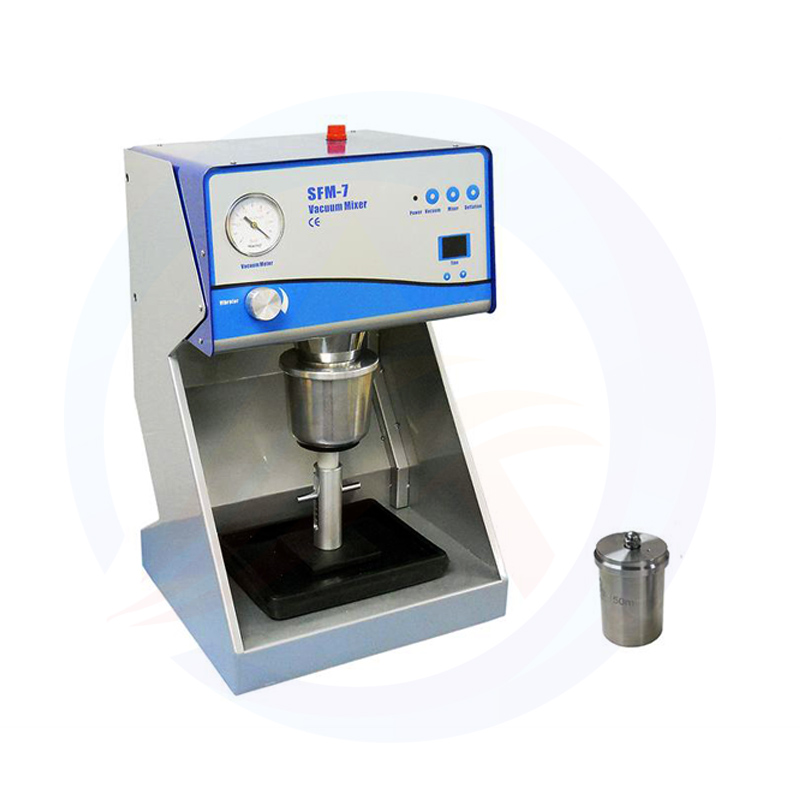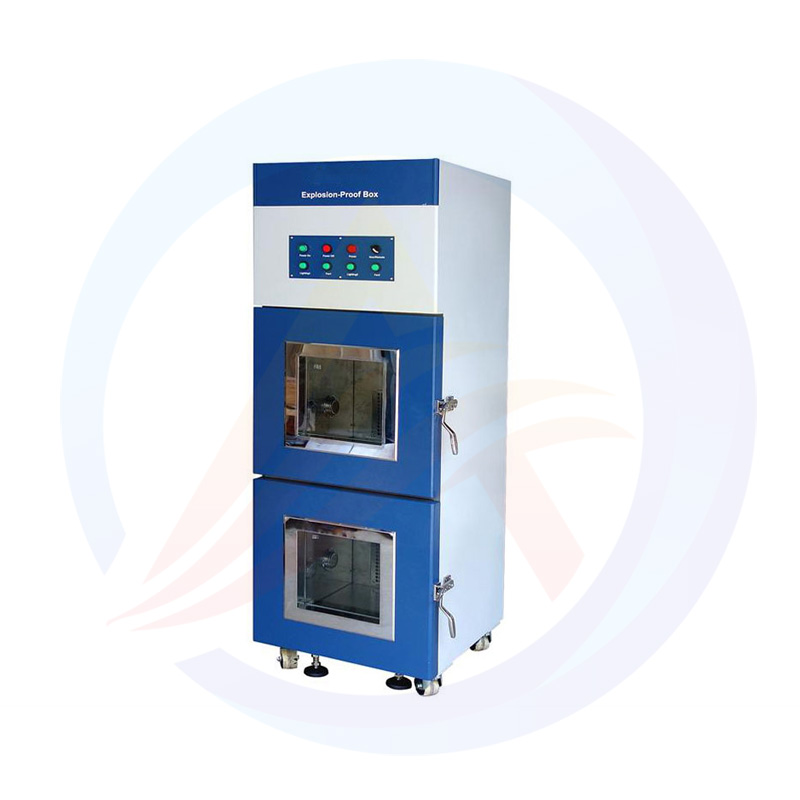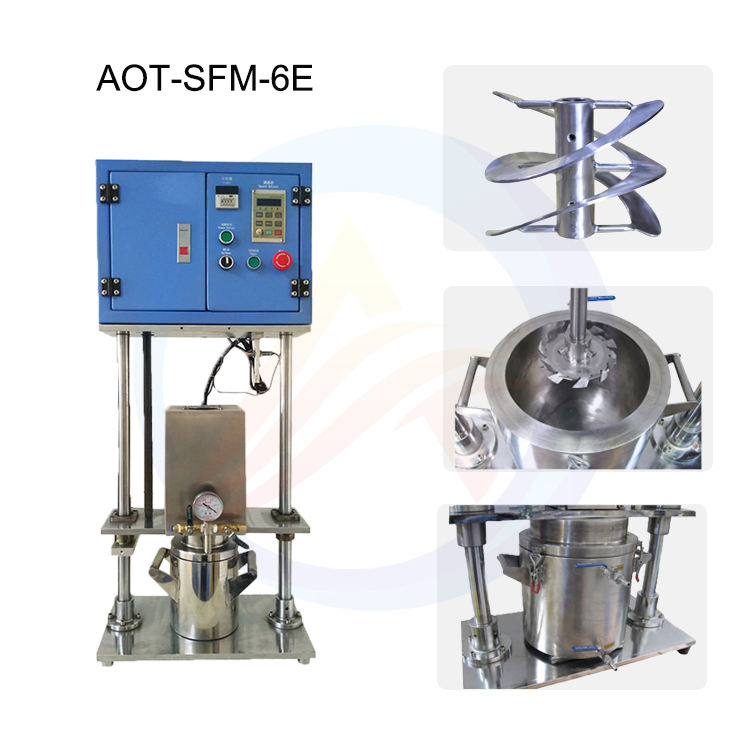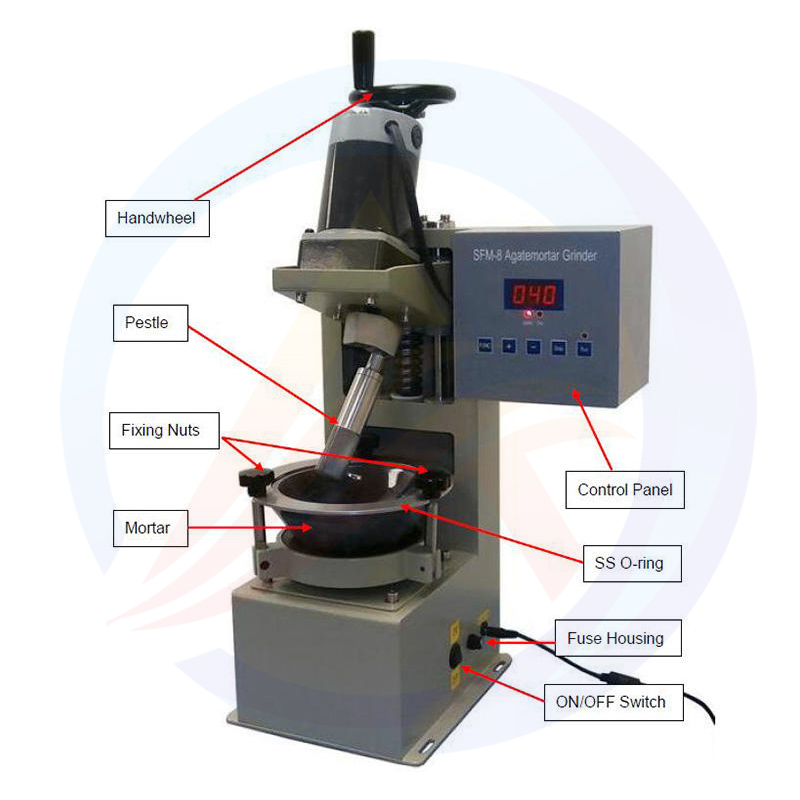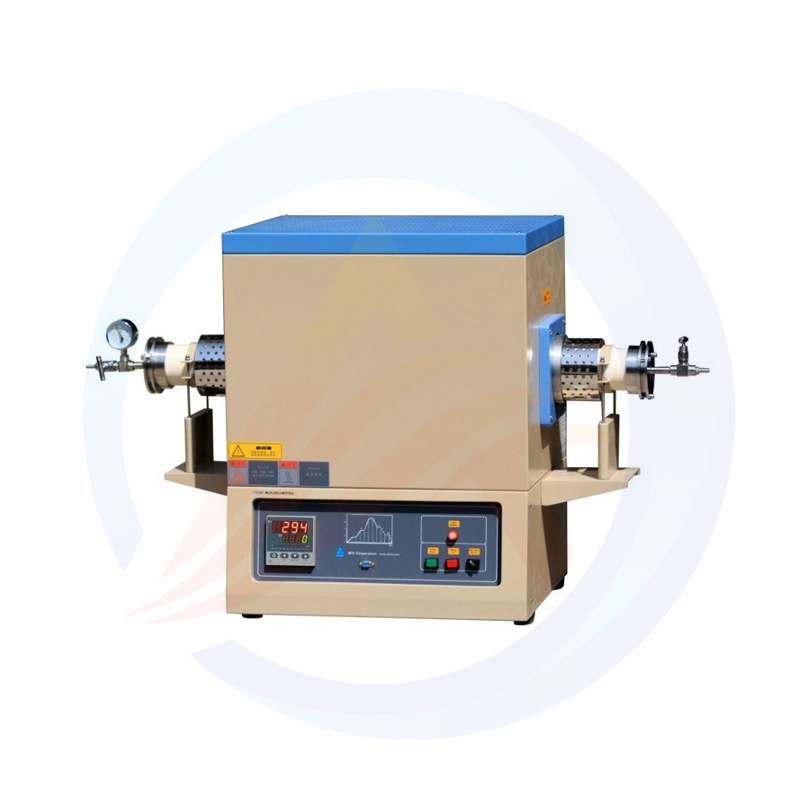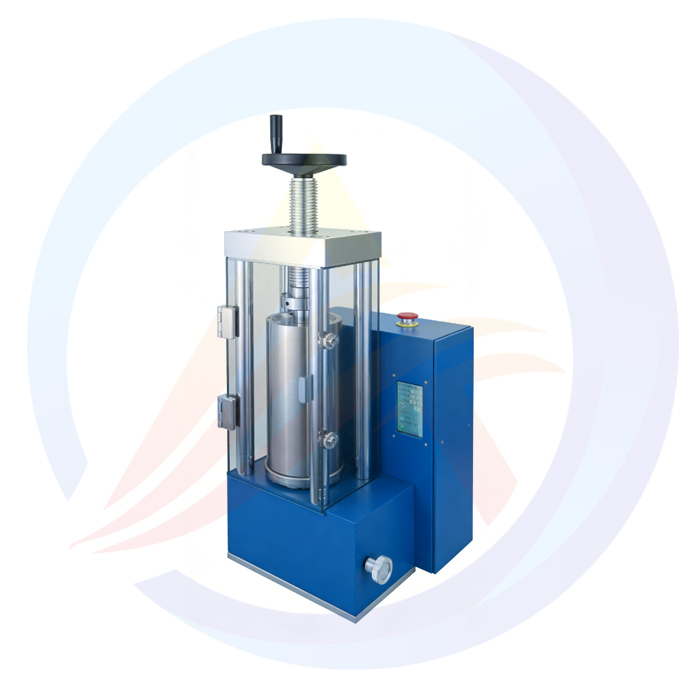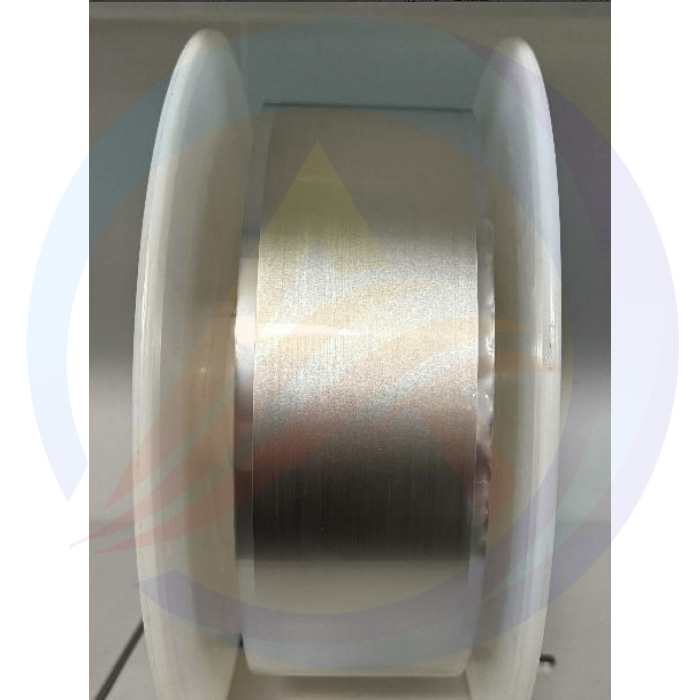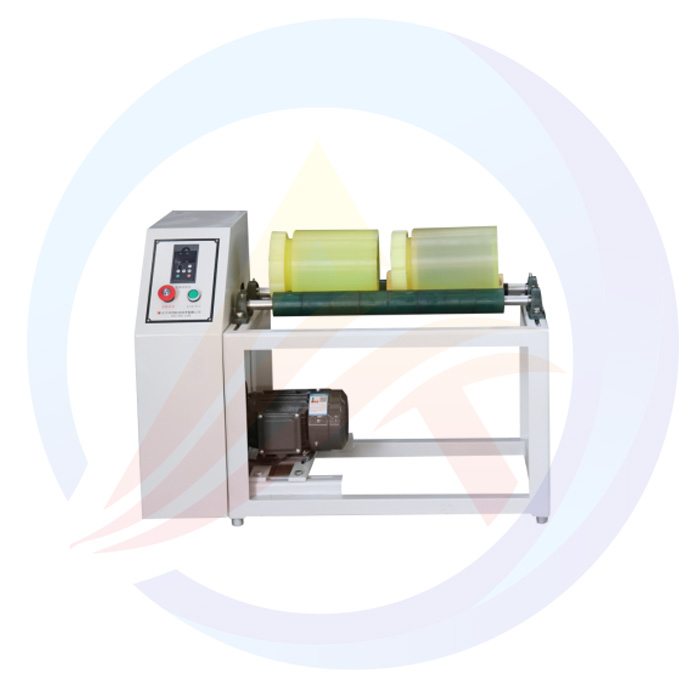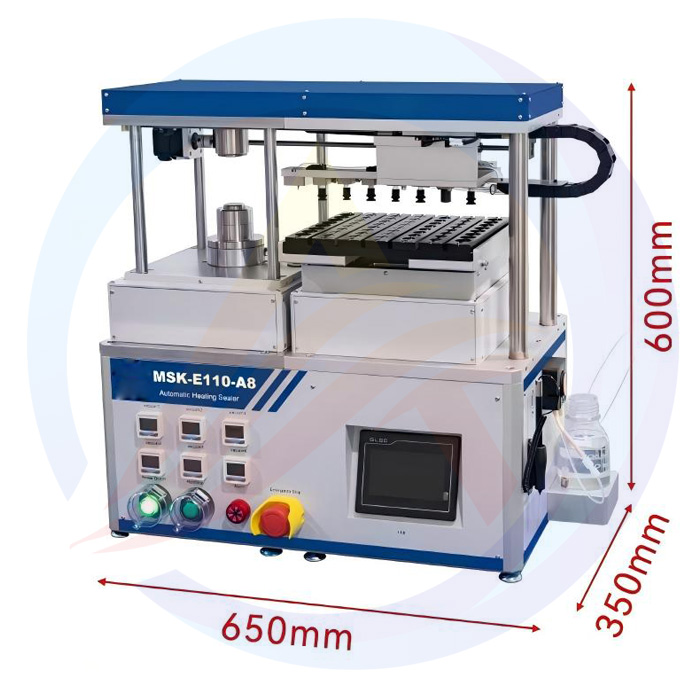Lithium-ion Battery Drying Equipment Technology
Overview
Drying equipment for lithium-ion batteries plays a crucial role in the production process. It is mainly used to remove moisture and volatile solvents from battery materials such as electrodes and electrolytes, ensuring the stability and performance of the lithium-ion batteries.
Working Principles
The drying process typically involves the application of heat and/or vacuum to the battery materials. In a vacuum environment, the boiling point of water is significantly reduced, allowing for more rapid and thorough evaporation of moisture. Additionally, heated air or other gases may be circulated through the material to enhance the drying process.
Types of Drying Equipment
Vacuum Dryers
Specifically designed for lithium-ion battery materials, these dryers offer high reliability, temperature uniformity, and vacuum capabilities.
They are available in various configurations, including single-layer, multi-layer, tunnel-type, and more.
Spray Dryers
Used to dry slurry materials by atomizing them into a fine mist and exposing them to hot air.
This method is efficient and produces a dry, powdery product.
Hot Air Circulation Dryers
Utilize heated air circulated through the material to remove moisture.
These dryers are common due to their simplicity and effectiveness.
Advantages
High Efficiency and Energy Savings
Modern drying equipment utilizes advanced technology to optimize energy usage and drying efficiency.
This results in reduced energy consumption and shorter drying times.
Precision Control
Drying equipmentcan be equipped with precise temperature and humidity control systems.
This allows for tight control over the drying process, ensuring consistent and high-quality results.
Environmental Friendliness
Many drying processes are designed to be environmentally friendly, with minimal emissions and waste.
This aligns with the trend towards sustainable manufacturing practices.
Versatility
Drying equipment can be customized to meet the specific needs of different lithium-ion battery materials.
This versatility makes it suitable for a wide range of applications.
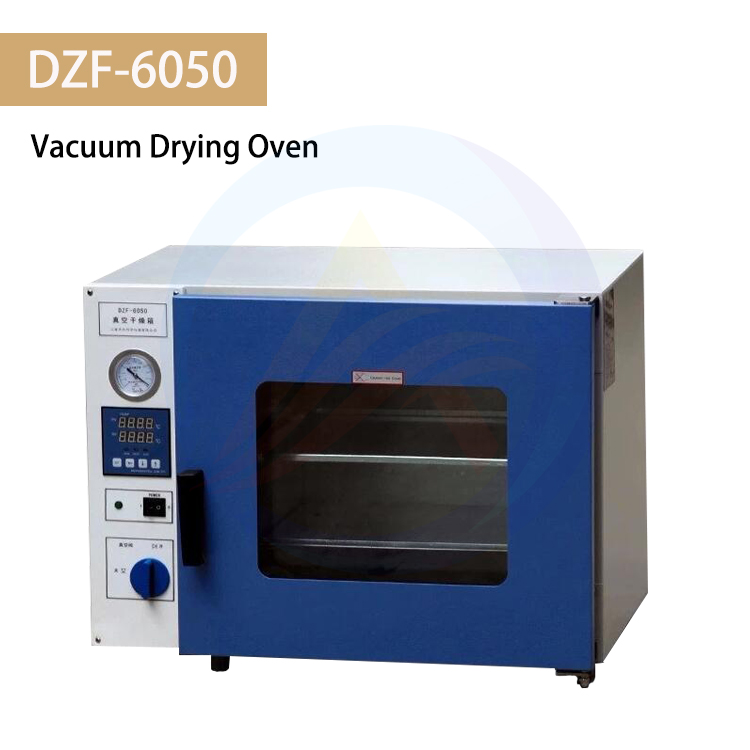
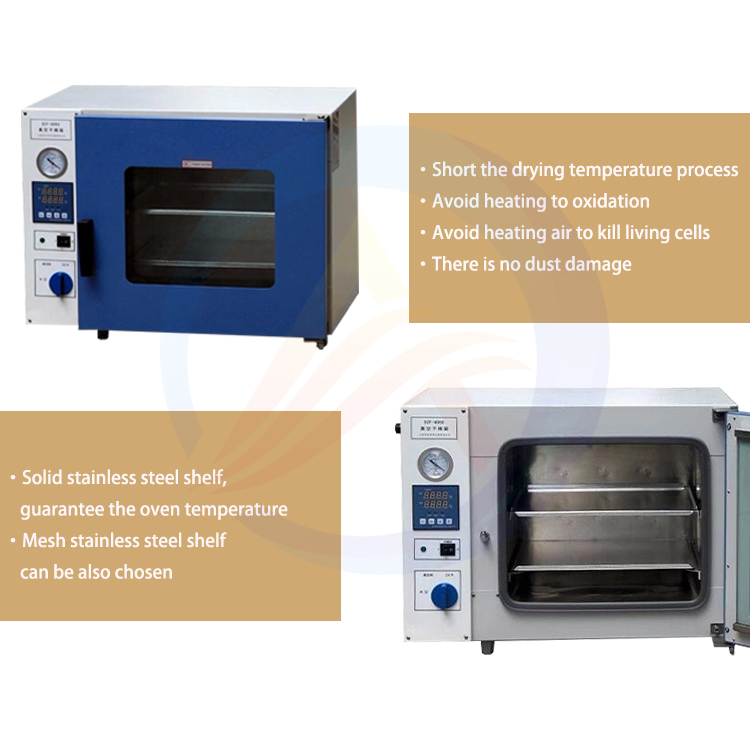
Applications
Lithium-ion Battery Production
Drying equipment is essential for preparing electrode materials, electrolytes, and other components for lithium-ion batteries.
It ensures that these materials are dry and stable, which is crucial for battery performance and safety.
Electric Vehicles and Energy Storage Systems
As the demand for electric vehicles and energy storage systems grows, so does the demand for high-quality lithium-ion batteries.
Drying equipment plays a key role in meeting this demand by producing reliable and efficient batteries.
Other Applications
Drying equipment is also used in other industries that require high-quality lithium-ion batteries, such as aerospace, medical equipment, and portable electronics.
Trends and Developments
Automation and Digitalization
The trend towards automation and digitalization is driving the development of smart drying equipment that can monitor and control the drying process in real-time.
This improves efficiency, reduces waste, and enhances product quality.
Sustainability
Manufacturers are increasingly focusing on developing drying equipment that is environmentally friendly and sustainable.
This includes reducing energy consumption, minimizing emissions, and using recyclable materials.
Customization and Specialization
As the lithium-ion battery market continues to grow and diversify, there is a trend towards customization and specialization of drying equipment.
Manufacturers are developing equipment that is tailored to specific battery materials and applications, ensuring optimal performance and quality.
In conclusion, lithium-ion battery drying equipment technology is an essential component of the battery production process. With advancements in automation, digitalization, and sustainability, the future of drying equipment looks promising, with increased efficiency, precision, and environmental friendliness.
The advantages of lithium-ion battery material dryers are numerous and significant, contributing to the overall efficiency and quality of battery production.
High Drying Efficiency:
Lithium-ion battery material dryers are designed to dry materials quickly and efficiently.
They utilize advanced drying technologies, such as vacuum drying or infrared radiation, to remove moisture rapidly.
Precision Temperature Control:
These dryers offer precise temperature control, allowing for tight control over the drying process.
This ensures that the materials are dried to the exact specifications required, without over-drying or under-drying.
Energy Savings:
Many lithium-ion battery material dryers are designed to be energy-efficient.
They utilize advanced heating and cooling systems to minimize energy consumption, reducing operational costs.
Environmental Friendliness:
The drying process is often designed to be environmentally friendly.
Emissions and waste are minimized, aligning with sustainable manufacturing practices.
Material Compatibility:
Lithium-ion battery material dryers are compatible with a wide range of materials.
They can handle sensitive materials, such as electrode slurries and electrolytes, without damaging their structure or properties.
Automation and Control:
Many dryers are equipped with automation and control systems.
These systems monitor the drying process in real-time, adjusting parameters as needed to ensure consistent results.
Scalability and Customization:
Lithium-ion battery material dryers can be scaled to meet the production needs of different battery manufacturers.
They can also be customized to accommodate specific materials, processes, and production requirements.
Improved Battery Performance:
By effectively removing moisture and volatile solvents from battery materials, dryers contribute to improved battery performance.
This includes higher energy density, longer cycle life, and better safety characteristics.
In summary, lithium-ion battery material dryers offer numerous advantages, including high drying efficiency, precision temperature control, energy savings, environmental friendliness, material compatibility, automation and control, scalability and customization, and improved battery performance. These advantages make them an essential piece of equipment in the production of high-quality lithium-ion batteries.

